Why Do Bulldogs Scratch? Bulldog Skin Allergies Guide
Yes — bulldog skin allergies often show up as itchy, red patches and frequent scratching. As a vet-informed writer who has helped many bulldog owners, I know this can be upsetting for you. For example, I once worked with a bulldog named Max who stopped scratching after a diet change and a careful skin routine. In this guide you’ll learn causes, tests, diet tips, home care, and when to see your vet.
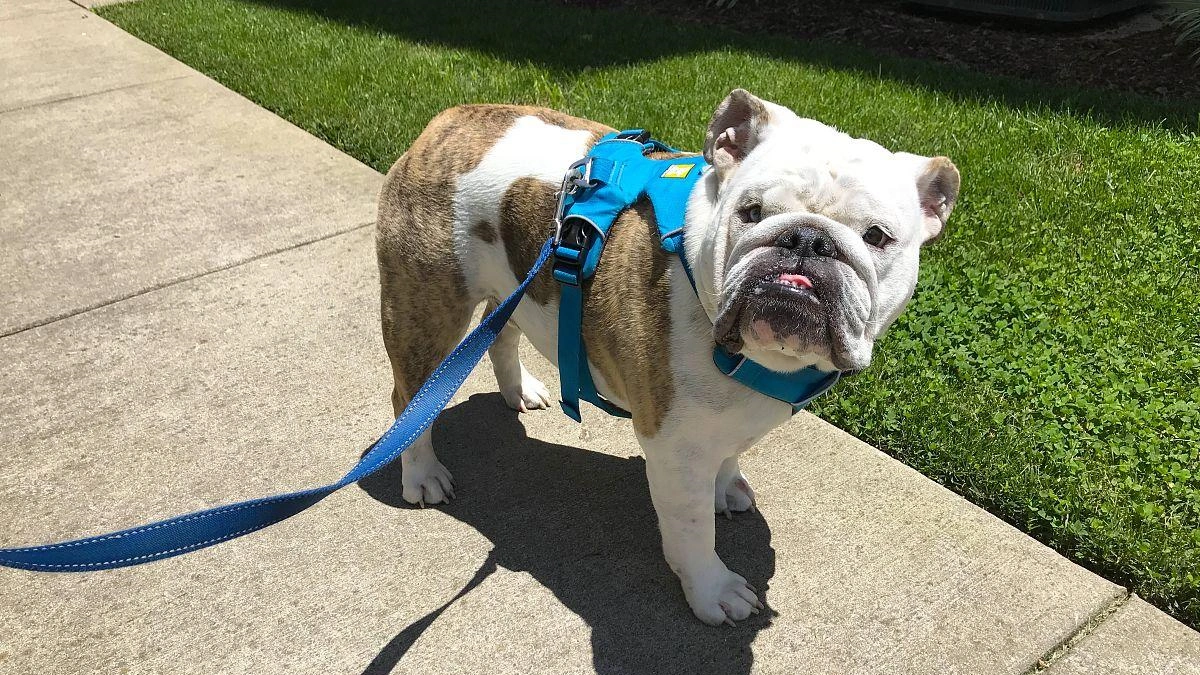
Table of Contents
What Is the Most Common Allergy in Bulldogs?
Environmental allergies are the most common for bulldogs, often caused by pollen, dust mites, or flea saliva. Bulldogs have skin folds that trap moisture and allergens, which makes reactions worse. For example, pollens in spring or dust mites in bedding can cause paw licking, red skin, and sneezing. If you see repeated flare-ups in certain seasons, environmental triggers are likely.
Environmental allergy details
Pollen and mold: seasonal itching, often worse outdoors.
Dust mites: year-round irritant in bedding and carpets.
Flea saliva: can cause intense reactions even with a single bite.
How these allergies show up
Itchy skin and constant paw licking.
Red, inflamed skin in folds and underarms.
Hair loss and scabs from scratching.
Do English Bulldogs Have Skin Issues?
Yes, English bulldogs commonly have skin problems due to their facial and body folds plus genetic predisposition. These folds trap moisture, which encourages bacteria and yeast to grow. In my clinic experience, owners often notice odor, redness, or scabbing in folds before other signs appear. Early cleaning and drying can prevent many infections.
Common skin conditions in bulldogs
Atopic dermatitis: allergic skin disease from environment or food.
Flea allergy dermatitis: severe reaction to flea saliva.
Bacterial and yeast infections: thrive in warm, moist folds.
Risk factors
Skin folds and moisture retention.
Compromised immune systems or chronic allergies.
Poor grooming or infrequent fold cleaning.
What to Feed an English Bulldog with Allergies?
Start with a limited-ingredient diet and consider a supervised food trial to spot triggers. In practice, switching to a single-protein diet like duck or venison often reduces skin reactions. For example, I recommended a novel-protein diet for a bulldog with chronic ear and skin issues, and the improvement was clear in six weeks. Avoid table scraps and flavored chews during the trial.
How to run a food trial
Choose one novel protein and one carbohydrate for 8–12 weeks.
Avoid treats, flavored medications, and hidden food sources.
Record symptoms weekly to spot trends.
Good protein and carb choices
Duck, venison, or salmon as novel proteins.
Sweet potato, pumpkin, or rice as gentle carbs.
Supplements and support
Omega-3 fatty acids for skin inflammation control.
Probiotics to support gut health during diet changes.
Zinc and vitamin E for skin repair, under vet guidance.
What Medication Is Used for Bulldog Allergies?
Treatment often includes antihistamines, targeted biologics, or short steroid courses, along with antibiotics for infections. For instance, drugs like apoquel or injectable therapies can reduce intense itching. In serious infection cases, topical or oral antibiotics are necessary. Always consult your vet before starting medication to weigh benefits and risks.
Common medical options
Apoquel or Cytopoint: controls itch for many dogs.
Steroids: quick relief for severe flares but short-term use advised.
Antibiotics or antifungals: treat bacterial or yeast infections.
Topical care
Medicated shampoo for bacterial or yeast control.
Antibacterial wipes for fold cleaning between baths.
How Does an Elimination Diet Work?
An elimination diet narrows down food triggers by simplifying ingredients. You feed one protein and one carb only, then reintroduce items one at a time. I’ve guided owners through many trials; patience pays off. Record skin, stool, and energy changes so you can compare before and after.
Step-by-step elimination approach
Pick a novel protein and gentle carb for 8–12 weeks.
No treats or flavored medications during the trial.
Reintroduce old ingredients slowly to identify reactions.
What results mean
Improvement during the trial strongly suggests a food trigger.
No change points toward environmental or other causes.
Why Is My Bulldog Itchy?
Itching has many causes: food allergies, environmental triggers, fleas, or infections. You can often spot fleas or bite marks, but sometimes tests are needed. In a typical case, owners notice paw licking and face rubbing before full-body scratching begins. Track timing and environment to narrow the cause.
Signs to watch for
Paw chewing and redness between toes.
Rubbing face or rolling on carpet to scratch.
Oozing sores or scabs from constant scratching.
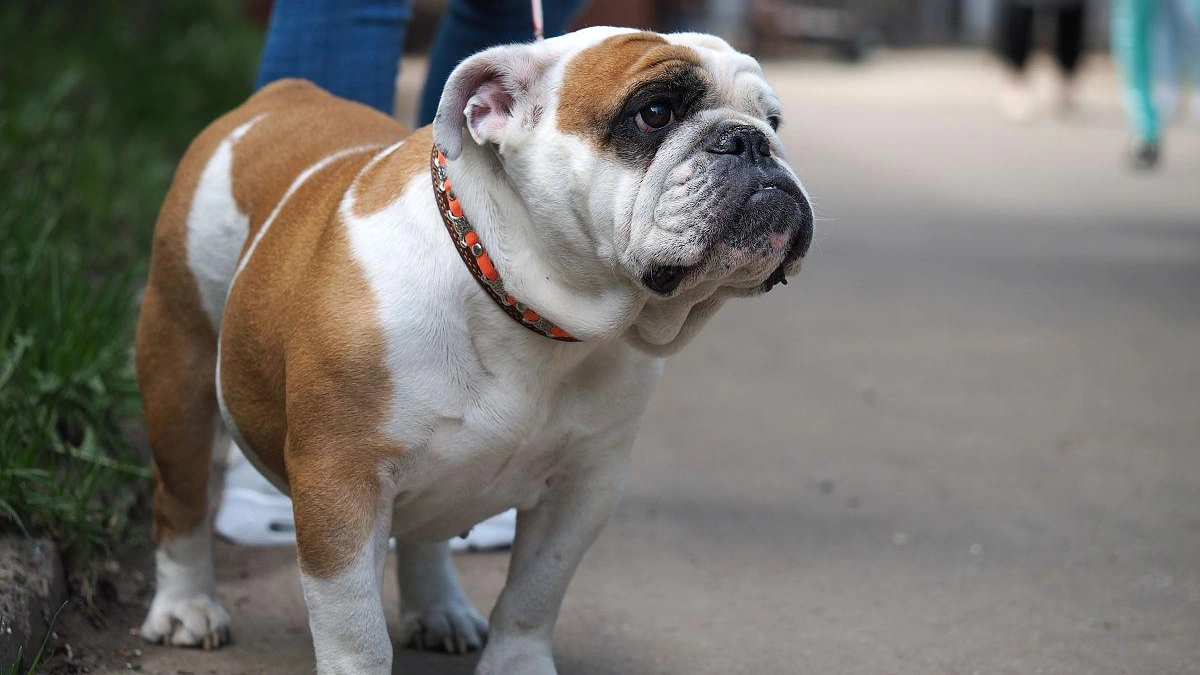
Bacterial, Yeast and Flea-Related Issues?
Bacterial and yeast infections commonly follow allergies, and flea allergy dermatitis is a major trigger for bulldogs. Flea saliva can cause severe reaction even with one bite. I often see yeast overgrowth in folds that stay damp. Treating infections quickly prevents worse damage.
Treatment priorities
Control fleas with vet-recommended preventatives.
Use topical or oral antibiotics for confirmed infections.
Manage yeast with antifungal shampoos when needed.
Flea allergy dermatitis facts
Flea saliva triggers intense itching in sensitive dogs.
Year-round flea prevention is essential, not optional.
Everything Our Vets Recommend
English Bulldog Skin Allergies Home Remedies
You can help at home with gentle cleaning, oatmeal baths, and fold care. For example, wipe and dry folds daily to stop moisture buildup. I recommend using vet-approved wipes, not human products, and try an oatmeal soak to calm irritated skin. If symptoms worsen, see your vet promptly.
Practical home care tips
Clean and dry skin folds daily with gentle wipes.
Use oatmeal or anti-itch medicated shampoo as directed.
Apply vet-approved topical soothers for localized irritation.
When home care is enough
Mild redness or occasional paw licking may respond well.
Persistent sores, bad smell, or spreading infection needs vet care.
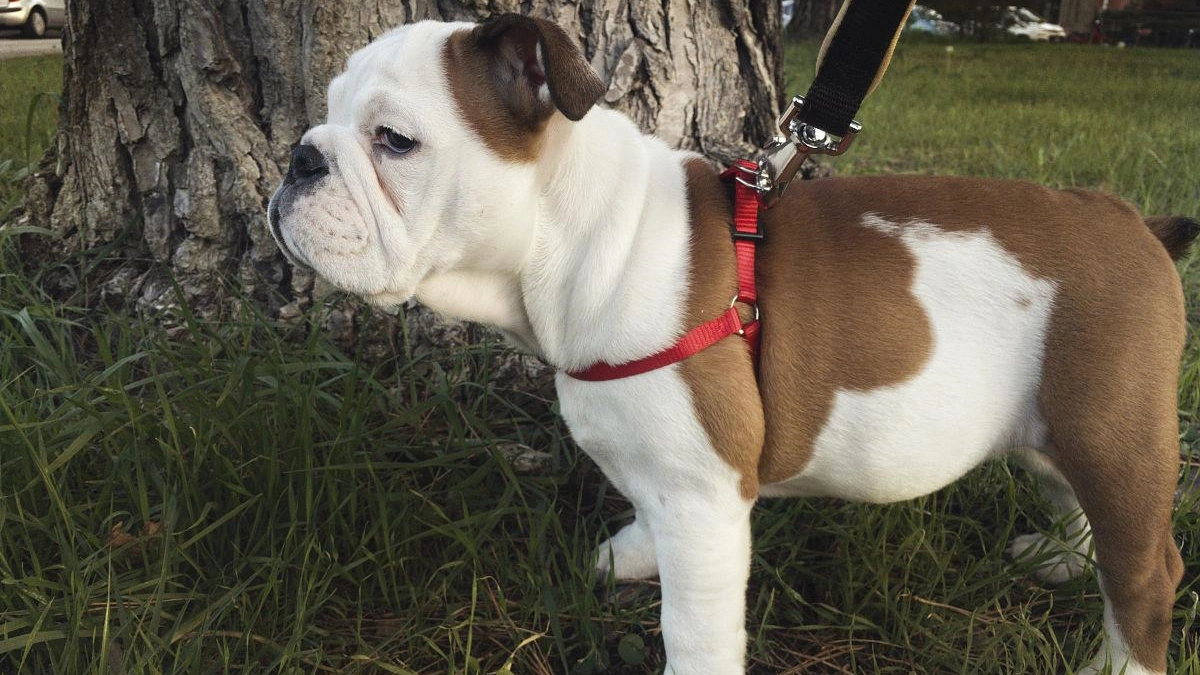
Bulldog Skin Allergies FAQs
What is the most common allergy in Bulldogs?
Environmental allergies—like pollen, dust mites, and flea saliva—are most common and often flare seasonally.
Do English bulldogs have skin issues?
Yes. Their skin folds, genetics, and moisture retention make them prone to infections and dermatitis.
What to feed an English bulldog with allergies?
Try a limited-ingredient diet or a supervised elimination diet using a novel protein like duck or salmon.
What medication is used for bulldog allergies?
Vets often use targeted anti-itch medications, short steroid courses for severe flares, and antibiotics for infections.
Can I treat bulldog skin allergies at home?
Mild cases respond to fold cleaning, oatmeal baths, and dietary changes, but persistent issues need veterinary diagnosis.
Summary and Quick Tips
Bulldog skin allergies are common but manageable. Keep folds clean, run elimination diets when food is suspected, use proper flea control, and follow vet advice for medications. If you act early and stay consistent, your bulldog can feel much better fast.
You May Like:
- Best Food for English Bulldog with Skin Allergies in 2025
- Latest Guide 2025: Grain Free Dog Food for Dogs With Allergies
- Fresh Food for Dogs with Allergies: Mistakes to Avoid
- Best Dog Food for Pugs With Skin Allergies That Works
User Comments
Does flea treatment kill ear mites too?
Can dogs take human probiotics?
Can dogs have people probiotics safely?
Related Articles
View all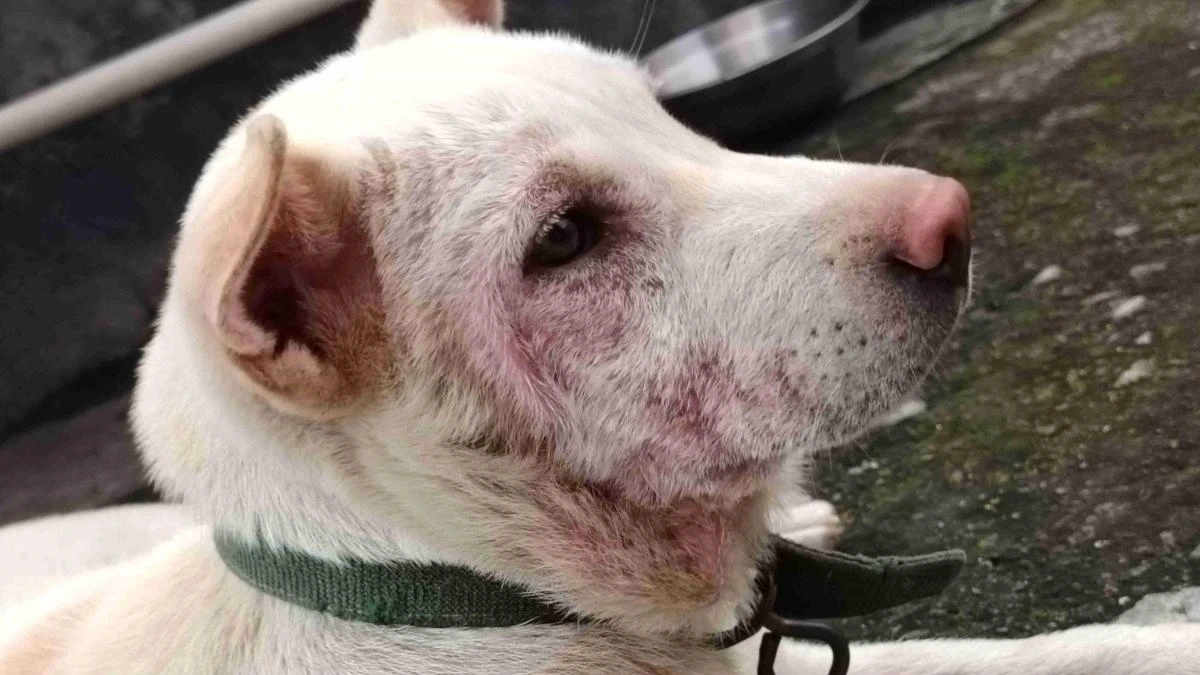
How to Get Rid of Dog Allergies Naturally: Common Mistakes

Dog Allergic Reaction Eye Swelling: Hidden Mistakes to Avoid

Why Do Bulldogs Scratch? Bulldog Skin Allergies Guide
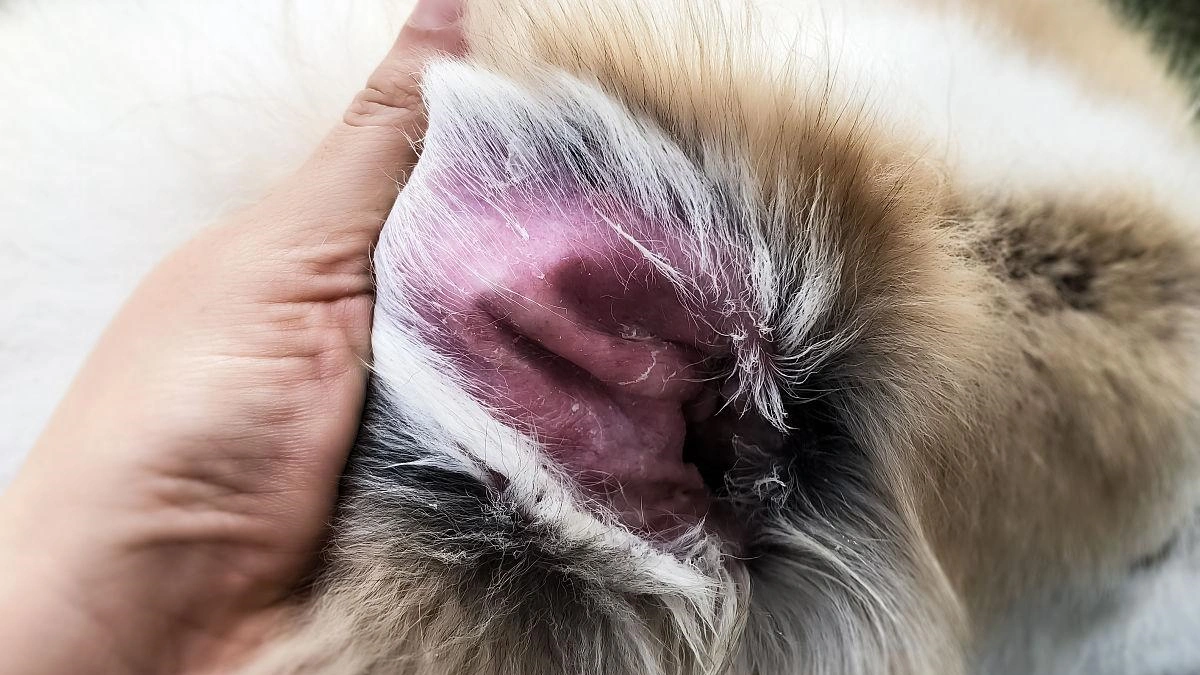
Cure for Dog Skin Allergies Owners Often Miss

How to Get Rid of Dog Allergies Naturally: Common Mistakes

Dog Allergic Reaction Eye Swelling: Hidden Mistakes to Avoid

Why Do Bulldogs Scratch? Bulldog Skin Allergies Guide

Cure for Dog Skin Allergies Owners Often Miss
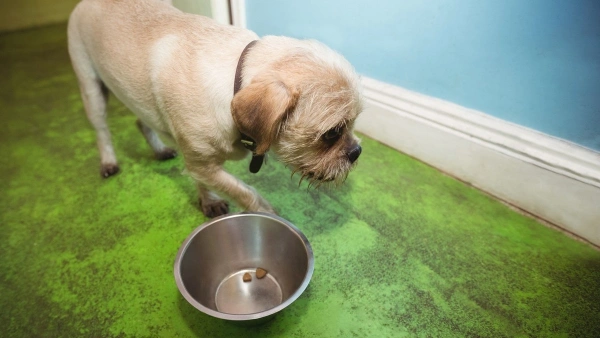
Vet-Recommended Wet Dog Food for Sensitive Stomachs — 2025 Guide
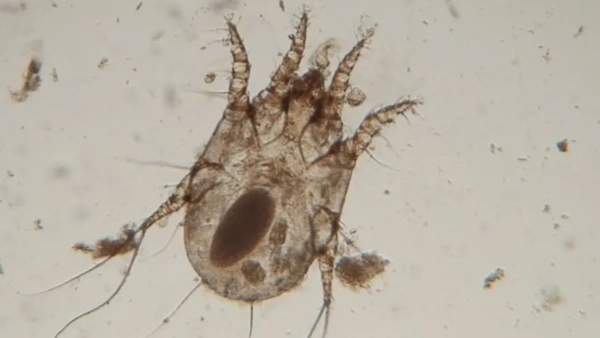
Dog Dust Mite Allergy: Symptoms, Treatment, Prevention
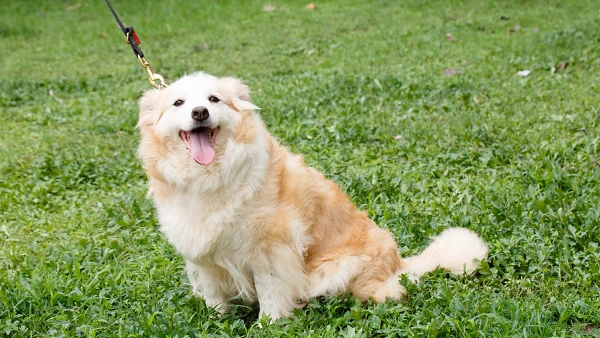
Can Allergies in Dogs Cause Diarrhea and Vomiting? Explained

10 Pitbull Health Problems You Should Know in 2025 — Tips
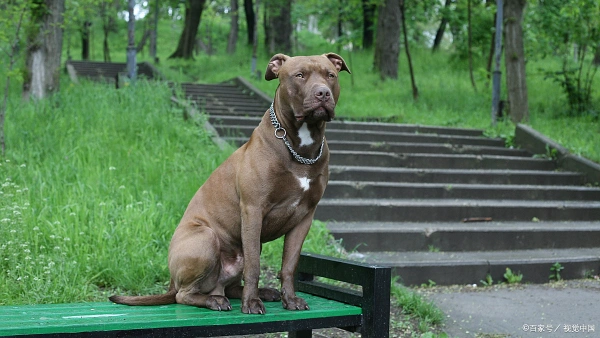

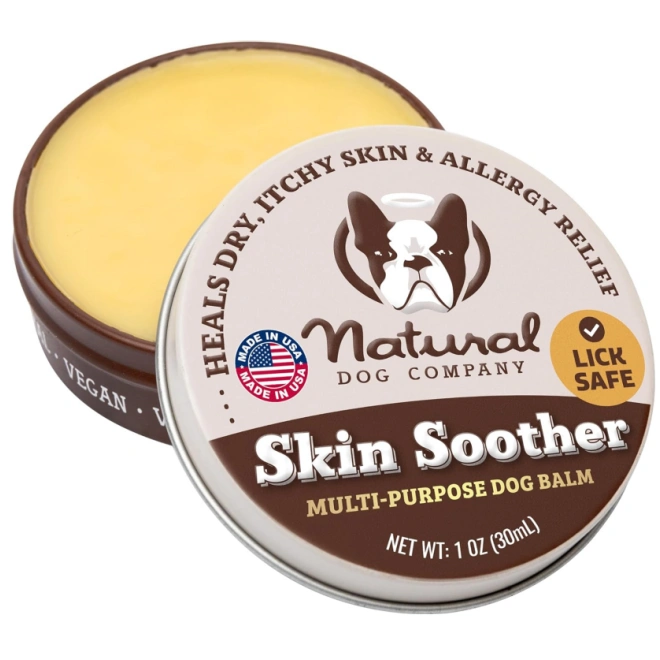
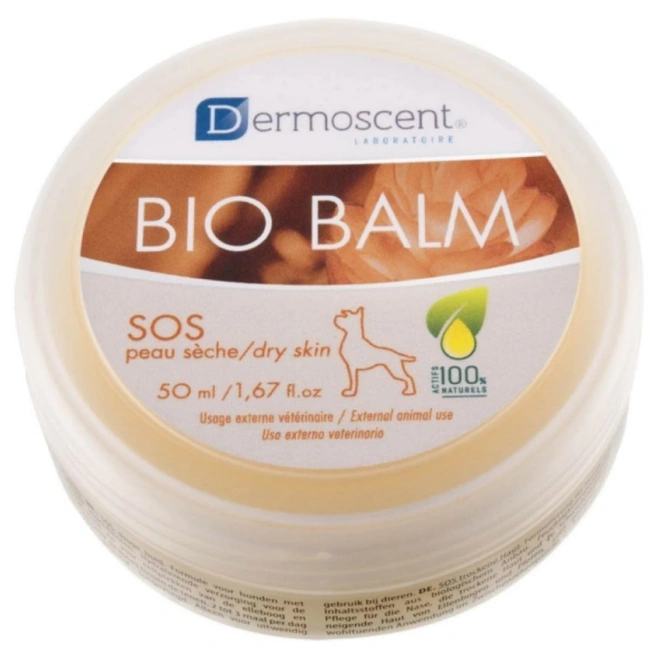
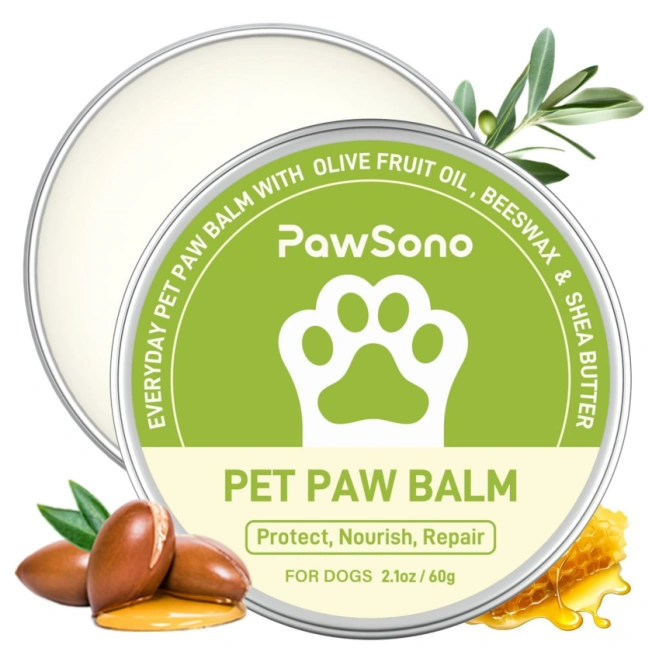
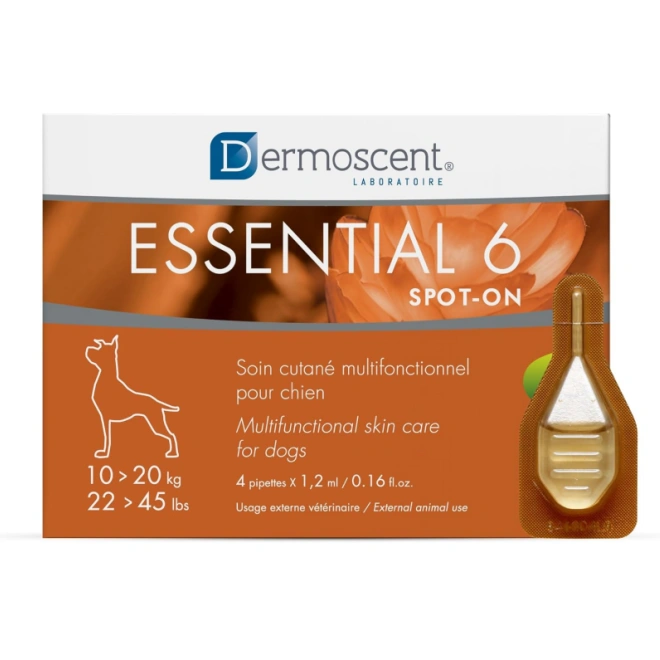








Leave a Reply